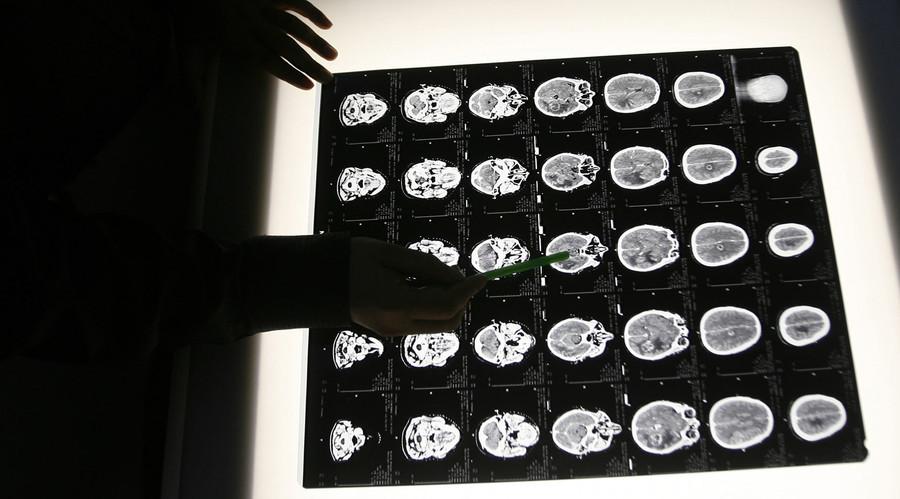
Mild childhood brain injuries could lead to mental illness, poor school attainment, unemployment and premature death, according to new research by Oxford University.
Researchers studied more than a million people born since 1973 in Sweden, and followed them to see how head injuries suffered under the age of 25 impacted their lives in coming decades.
They found people suffering even a mild traumatic head injury which left them feeling “dazed or confused” were 60 percent more likely to have died in the studied period than people who had no injury.
They were also 91 percent more likely to have been hospitalized for a psychiatric problem, 55 percent more likely to have done less well in education and 52 percent more likely to have needed disability benefits.
Around one in 10 people are thought to have suffered some kind of head injury when they were children or in early adulthood.
Professor Seena Fazel from Oxford University, the lead author of the study, said: “We looked at low educational attainment, instances of psychiatric care, receiving welfare and disability benefit and early death.
“We found that a childhood brain injury increased the chances of all these things. More serious brain injuries and repeated brain injuries made them even more likely.”
Researchers compared people who had experienced brain injury to their siblings who had not been injured.
“Comparing results within families allows for other factors in a person’s upbringing that could have a bearing on their later life.
“The differences could still be seen between injured and uninjured siblings, indicating that the effect of head injury is independent of other factors, like upbringing.”
The risk of poorer outcomes later in life seemed to be greater in those injured when 15 years old or above, suggesting that until then the brain may be better at repairing damage.
Prevention is key, researchers say.
“As the data only included hospital admissions for head injury, and therefore didn’t take into account less severe accidents, many children have that go unrecorded. These are likely conservative estimates of the scale of the problem.
“Existing work to prevent head injuries to young people in sports, for example, needs to be enhanced. However, we cannot prevent every injury. Long-term follow up could identify negative effects so that early intervention can prevent a drift into low attainment, unemployment and mental illness.”
The research was published in the journal PLOS Medicine.
Source: RT
 FR
FR EN
EN AR
AR








